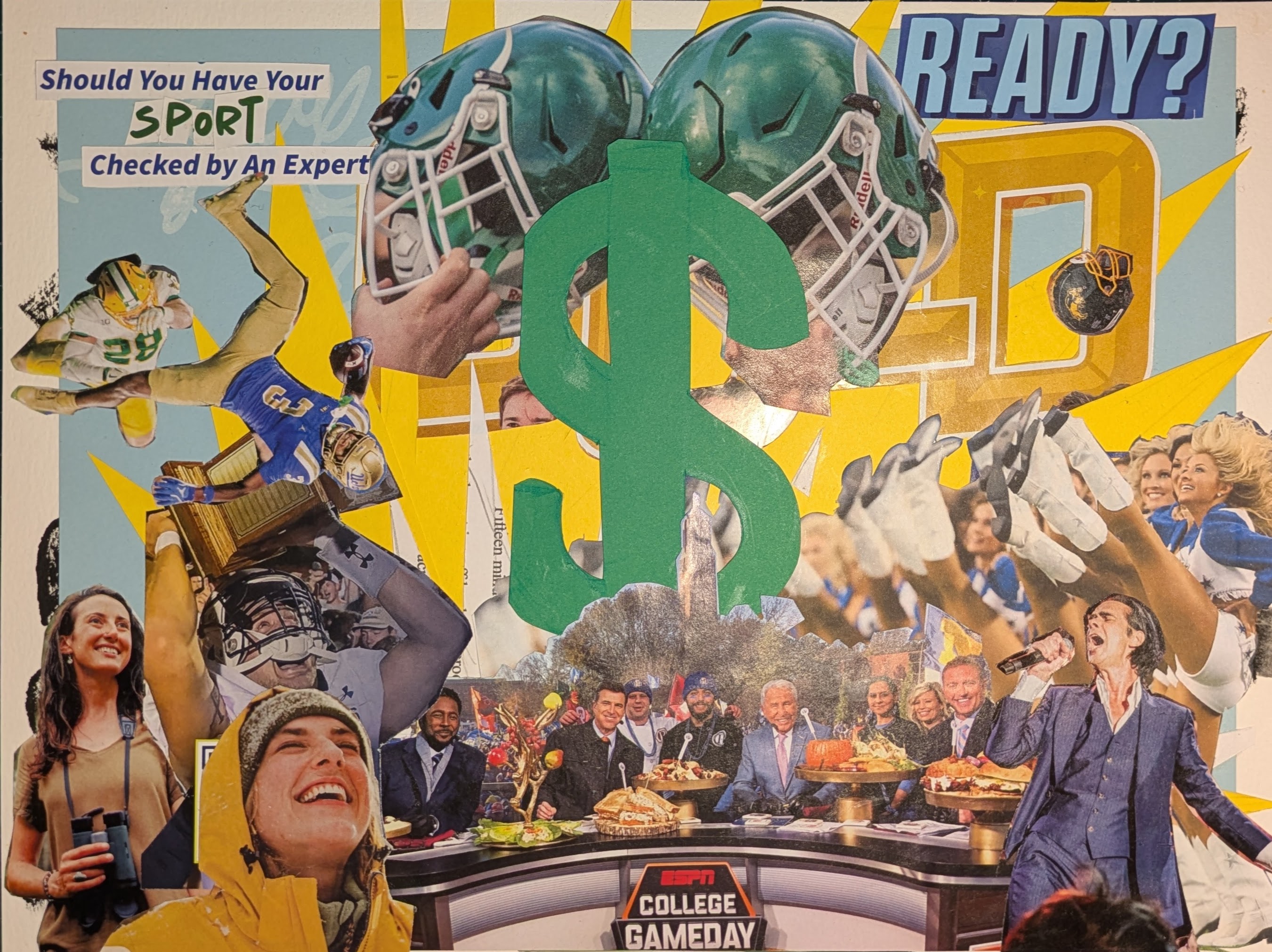Technology, particularly the web, celebrates the boy wunderkid. It's mentioned in Amazon's original series, Betas. There, in the pilot, Hobbes, the older security expert, corners the younger founder in the bathroom. He's panicked because he's too old (35!) to have hitched his ride to one more dot-com flame-out. Things are even more pronounced in real life. It is there that tech founders publicly assert that a web founder has peaked at 25:
"Consumer Internet entrepreneurs are like pro basketball players," a venture capitalist told me recently while discussing the prospects for a thirty-something founder, "They peak at 25, by 30 they're usually done."There's plenty more where that came from.
And why not? Tell someone young (or stupid) enough that their work is changing the world and they'll live, breath, and sleep it. At that point they're less like employees and more like hyper-docile minions. I did that while at IBM. I saw curling up in a sleeping bag beneath my desk as a programmers's right of passage. But would I do that again? No, (or more accurately hell no).
I was self-conscious at my previous job, filled with twenty-somethings (and numerous older individuals in the throws of arrested development). They'd arrive on Mondays talking about blind dates or crazy parties. To me, at a different point in my life, it all sounded so superfluous. I had a hard time relating. Switching over to a different medical package for benefits wasn't a big deal for them; odds were they weren't likely to use it anyway. Married with three kids, however, the new terms were a source of concern and worry.
Likewise, when I was interviewing for positions, there was a number of companies that expressed surprised at the number of things I've done. Their concern was never with the nature of the work or my past experience. It was whether I would give "110% completely" with "everything else" I had going on. It was an odd statement considering that I had come back from an extended, isolated stay in Costa Rica and recently resigned from my previous position. I could only assume "everything else" was the family they had gasped in surprise at. Or maybe it was my strongly implied "been there, done that, have the worthless options to show for it" attitude toward sleeping at my desk.
I was reminded of this while listening to a recent Hanselminutes podcast with Chanelle Henry. In it, they wandered onto the topic of age. She described feeling overwhelmed about how her idols had achieved so much while so young. It resulted in a post that ended up widely circulated. "Oh my", I thought "I wonder how old she must be to have felt such angst?"
As mentioned later, she began questioning everything because she was 31.
*facepalm*
(For what it's worth, I'm 36.)
Chanelle, to her credit, came to a conclusion wise beyond her years. Ultimately, age doesn't matter. We can't compare where we are or what we've achieved with others because we have no idea how they got there. It's like comparing oranges to apples to a Smart Wig.
A former co-worker once asked why I hadn't continued remixing music after college. In one of my more zen-like moods, I replied that "there are many paths, but we can only walk one at a time". What I meant is that, yes, we were raised to believe that we could do anything. And, for the most part, that is still true. But we can't do everything, or at least everything well, at the same time. It's ok to try things, have fun, and then spent that time somewhere else. Imagine the stress if you had to continue to do the things you're doing now for the rest of your life?! People would never try anything for fear of choosing poorly.
If you can't compare your lot in life with others what can you do? Ultimately, for me, it comes down to whether I'm happy with the decisions that I've made to this point. Would I still get married out of college? Yes. Would I still quit my job and run my own freelance firm for five years? Yes as well. I even admit I'd make the same mistakes again; the lessons learned from those vastly outweigh the in-the-moment discomfort. Our benchmark for our lives shouldn't be when we made/make our first million. It should be the number of regrets we avoid along the way.
The career that we can look back on with pride is a career worth having. In the meantime, I encourage any investor to write a million-dollar check made out to cash to prove me wrong. I wouldn't regret that.


